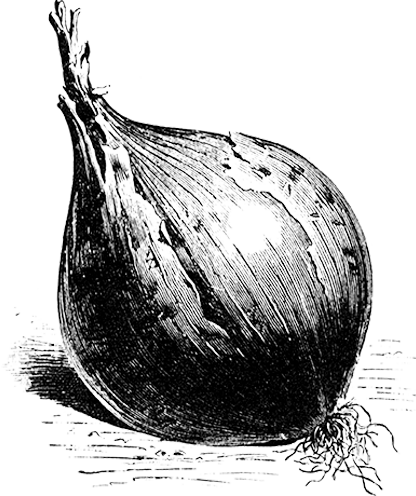Information
A new improved version of the famous Boltardy, which also shows good resistance to flowering when sown early. The roots are well-formed, spherical, heavily coloured throughout and taste great. Jannis, which is developed by German ecological seed growers, provides a nice, uniform and easy to store harvest.
| Product number: | 6570 |
|---|---|
| Scientific name: | Beta vulgaris var. conditiva |
| Botanic family: | Amaranth family - Amaranthaceace |
| Organic: | Yes |
| Days to maturity: | 65 |
| Lifespan: | Biannual |
| F1 Hybrid: | No |
| New variety: | No |
| Sowing time: | May–July |
| Sowing depth: | 2 cm |
| Germination time: | 7–12 days |
| Plant spacing: | 3–8 cm |
| Row spacing: | 30–50 cm |
| Height: | 25–30 cm |
| Plant location: | Sun |
| Harvest/blooming: | June–October |
| Seeds/g: | 60–90 seeds |
| Heirloom variety: | No |
Cultivation advice
Sowing
The beet root seeds are troublesome. They want the exact right proportions between heat, moisture and oxygen to germinate evenly. Many rot in cold soil and the number of bolters grows. If it is too wet they soon rot and if the soil is dense or dry nothing happens. Sow the seeds thinly and gradually until July about 2 cm deep. Beet roots which are to be stored should be sown late otherwise they may get too large and hard.Spacing
Keep 3-8 cm between the plants and 30-50 cm between the rows. The shorter distance should be ok for these round beets. The beet root seed is really a fruit with 2-6 seeds, so several seedlings can sprout in the same place quite often. Many feel that a careful thinning out is important, but if one can accept some variation in size one can leave the thinning out to Nature. The strongest seedlings dominate and force out the smaller seedlings. Just do not sow too closely!Harvest
Small beet roots with the leaves intact, lightly poached are delicacies during the whole summer. Harvest the beet roots for storage before the iron nights begin. Leave a few cm of foliage and do not trim the roots, for the beet root easily bleeds. Keep the beets in sand, peat, dry leaves or just in bags at low temperature and high air humidity. They can, like other vegetables, be sliced thinly and dried, preserved in acetic acid or soured in milk.Seed
60-90 seeds/g. 80 g for 100 m of the these round beets. 1.8 kg for 1000 m2.A portion contains about 250 seeds.
